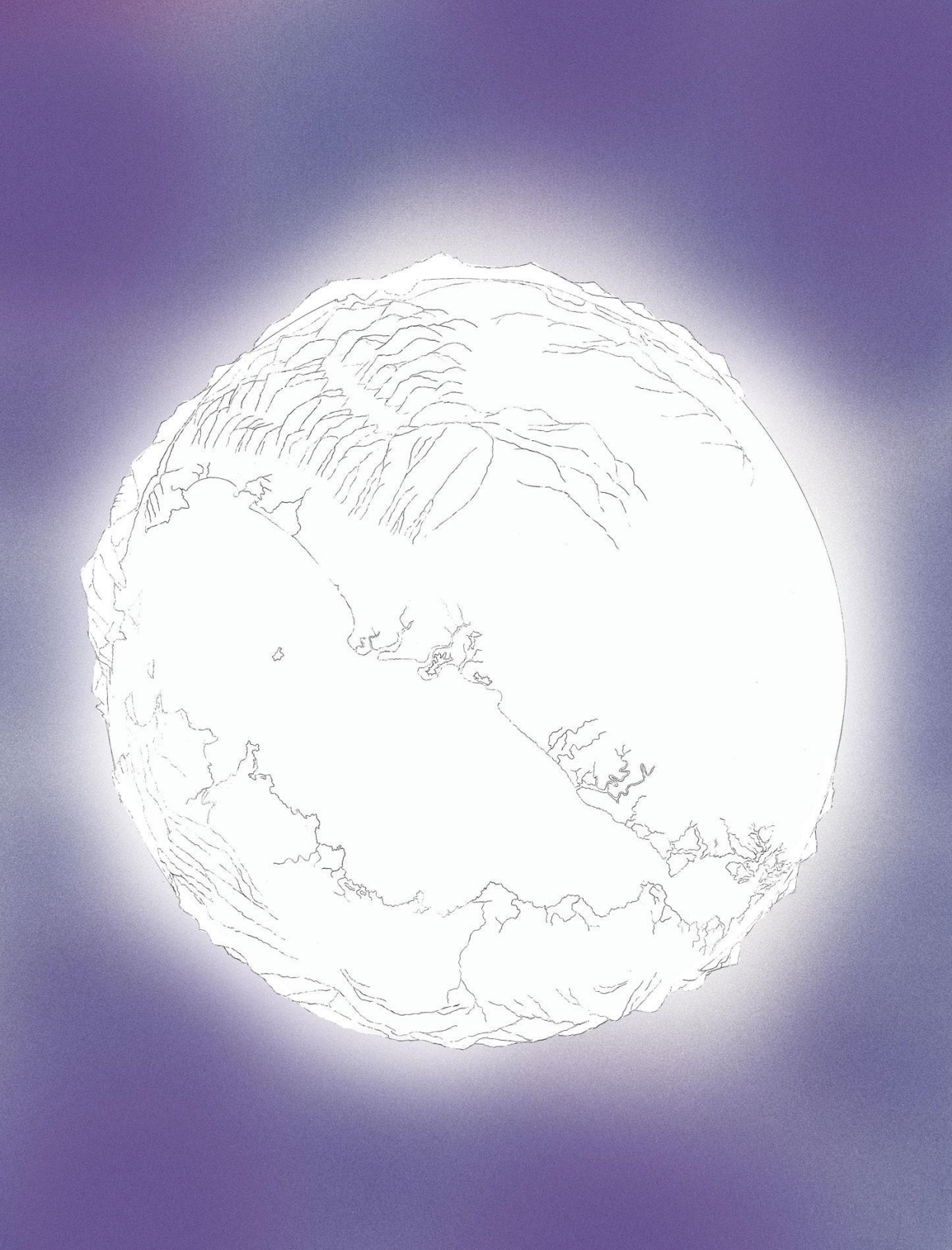Announcing the Fall 2022 BCNM Faculty Seed Grants

Art by Clancy Wilmott.
This semester, the Berkeley Center for New Media was thrilled to support two faculty members in their scholarship through seed grants that will help catalyze their research in new media. We are excited to congratulate these amazing artists and scholars!
Celeste Kidd
Truth, lies, and misinformation during cognitive development
Our proposal collects empirical data on interventions designed to give children a greater ability to discern truth from falsity in online materials. Our objectives are to conduct foundational empirical studies on two types of interventions designed to facilitate children’s ability to discern fact from fiction in new media. The first set of interventions target factors external to the child relating to the information ecosystems in which they are making judgements. The second set of interventions involve investigating internal mechanisms children may have available for helping them detect misinformed opinions.
Can properties of a child’s informational ecosystem support health skepticism?
Here, we investigate how properties of the environment in which a child is learning impact their skepticism, uncertainty, intellectual humility, and epistemic vigilance in fact-checking. Counterintuitively, we will examine how environments characterized by more detectable misinformation could actually promote healthy skepticism in children.
Can others’ uncertainty encourage children’s healthy skepticism?
Our second proposed studies explore social influences on the development of healthy skepticism. Displays of confidence help us compare relative truth. If one person makes a confident claim about their belief while another is hesitant, people may generally trust the more confident claim. When two people are equally confident, that can signal that the middle ground is more likely true.
Clancy Wilmott
Rematriating the Map: Alternative Cartographies for Alternative Futures
Reorienting the Map: Alternative Cartographies for Alternative Futures focuses on the ever-present question of the colonial legacies in cartographic media, and the impact that this has on Indigenous efforts to decolonize the map, and fight for alternative futures (c.f. Rose-Redwood et. al, 2020). Working with the Sogorea Te Land Trust, Reorienting the Map proposes a series of interlinked collaborative cartographic works, which gradually scale up from the experimental to the infrastructural. They include a large scale paper wall map and a digital mapping media platform for the general public. Sogorea Te and studio.geo? have an established relationship via the Berkeley Center for New Media’s Indigenous Technologies program, and have already completed a collaborative digital map.
Seed grant funds will be used to purchase a high-end computer to support the production of their latest map. Co-designed with Sogorea Te, the paper map is a stereographic projection using an experimental technique combining GIS, geocomputation and hand drawing (computing, printing, drawing, scanning, at large format and extremely high resolution) and wrenches open notions of cartographic universality and standardization by utilizing multiple projections and perspectives (drafted basemap, without data, contours, shading, labels, stars or symbols attached as image).
This computer will also be offered as a resource in the studio to the BCNM community more broadly - to support faculty, graduate and undergraduate projects which require high-end design computing, with excellent graphics for free. To this end, we already have demand from BCNM students for a computer which can undertake film editing, animation and virtual reality production for their own projects, and can be used to support coursework from BCNM courses.
